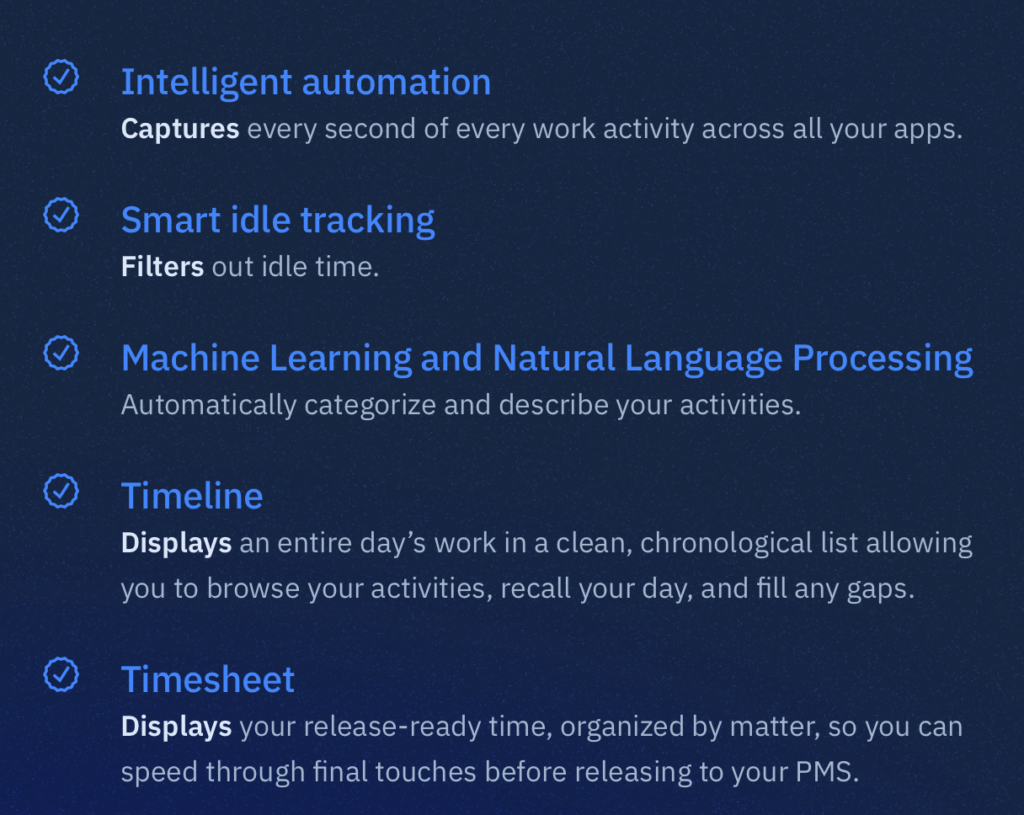
Time by Ping has bagged $36.5m in Series B funding, in a powerful endorsement of the company’s vision for automating timekeeping by using NLP and machine learning to categorise and describe lawyer’s billable work.
The company has a strong focus on helping lawyers to avoid the paradoxical scenario of losing time in the process of accounting for their time.
The latest injection of capital brings total funding for the US-based company to over $55m. The investment was led by ACME Capital and Anthos Capital with participation from existing investors Upfront Ventures, Initialized Capital, and The House Fund. Marc Benioff’s TIME Ventures and Gokul Rajaram also joined the round. Mishcon de Reya has also previously invested.

Artificial Lawyer asked co-founder and CEO, Ryan Alshak (pictured above), about the funding, what such an endorsement means to him, and where the company is heading…and also about the fate of the billable hour….because, well, you know, this is Artificial Lawyer.
First, on a personal level what does it mean to have gained this level of funding?
Closing a fundraising round is always publicised as an accomplishment in and of itself. The truth is that the actual accomplishment is the work nobody sees, which put us in a position to secure the fundraise.
While the Series B externally validates our mission to return time and speaks to our traction bringing time automation to leading law firms, internally we know that we are building a company that has the potential to be world-changing. All of it to say, none of this would be possible without the tireless commitment of our team, from our product organisation that continues to improve our software day after day to our go-to-market organisation that continues to drive adoption.
At the same time, securing our Series B puts an even bigger responsibility on us to deliver. I take this responsibility personally, not only because my reputation is on the line but also because this company is ultimately a reflection of a life lesson that I learned in the hardest way. Time By Ping isn’t just about automating timesheets. It’s about realising that time is the only finite asset we have that matters. This is a lesson my mom taught me and one that carries with me every day I wake up. And it keeps me up at night as we fight the gravity of the startup world.
More broadly, what does Time by Ping’s growth say about the way the legal world is evolving?
We’re seeing firms turn to technology to solve some of their existential challenges and ultimately evolve an outdated working model. We’ve seen the digital transformation impact almost every other industry, and it’s finally accelerating in the legal world, too. What’s surprising is why it took so long.
Let’s unpack this. COVID served as a catalyst for exposing the factory-era working model, which still guides firms today. This model incentivises activity over outcomes — lawyers get paid for the emails they send and the phone calls they place. Clients, however, started to double down on fixed-fee pricing as budgets were put under the microscope at the beginning of the pandemic. What clients want to pay for are the outcomes their lawyers deliver.
On a lawyer-level, the shift to remote work exposed the theatre of work and made us all realise we can be productive in any environment. It also made us more mindful than ever before about how we spend our time, and attorneys are now seeking better work-life harmony as evidenced by the Great Resignation.
Of course, pricing and wellbeing are only two of the challenges that firms are now facing, but they’re two that TBP is able to solve. Firms will never understand how to price their widget (time) until they get accurate and structured data on where this time is being spent. By collecting accurate time data, time automation is enabling firms to finally tap into the potential of this data to inform downstream initiatives like flat-fee pricing and utilisation, and it’s also exposing inefficiencies in the system. Time automation is also increasing lawyer wellbeing by eliminating the burden of manual timekeeping and definitively proving that valuable work can happen anywhere.
Do you think lawyers will increasingly move away from the billable hour? And if so, how can Time by Ping help with this?
Firms are already moving away from the billable hour. The billable hour is an artefact of the factory-era working model that incentivises activity over outcomes. It doesn’t satisfy the lawyer’s need for improved work-life balance, and it doesn’t satisfy the client’s desire for more transparent pricing.
I also appreciate that law firms live and die by the billable hour today, so this change won’t happen overnight. This is why we’re fitting into the workflow as it exists today, only to evolve it into what the future looks like. Think of Netflix’s mail DVD business, which eventually evolved into streaming, as an analog.
Moving away from the billable hour has been the boy who cried wolf of the legal world. People have been claiming its demise for the last 40 years. A black swan event was needed to finally catalyse this shift, and we are seeing COVID to be just that. This tailwind makes a time automation system that automates time and aggregates time data as inevitable. And that shift is what our Series B is meant to capitalise on.
Thanks Ryan and congrats on the investment and company growth!
—
P.S. This site also really liked the comment from Scott Stanford, Partner at ACME Capital, marking the funding announcement: ‘The most disruptive companies change the way we live, learn, and work. With time automation, Time by Ping has the potential to measure, analyse, and unlock the most valuable non-renewable resource in the universe.’
I.e. the one thing you can never have enough of and that will never, ever come back to you once it’s gone – is time.